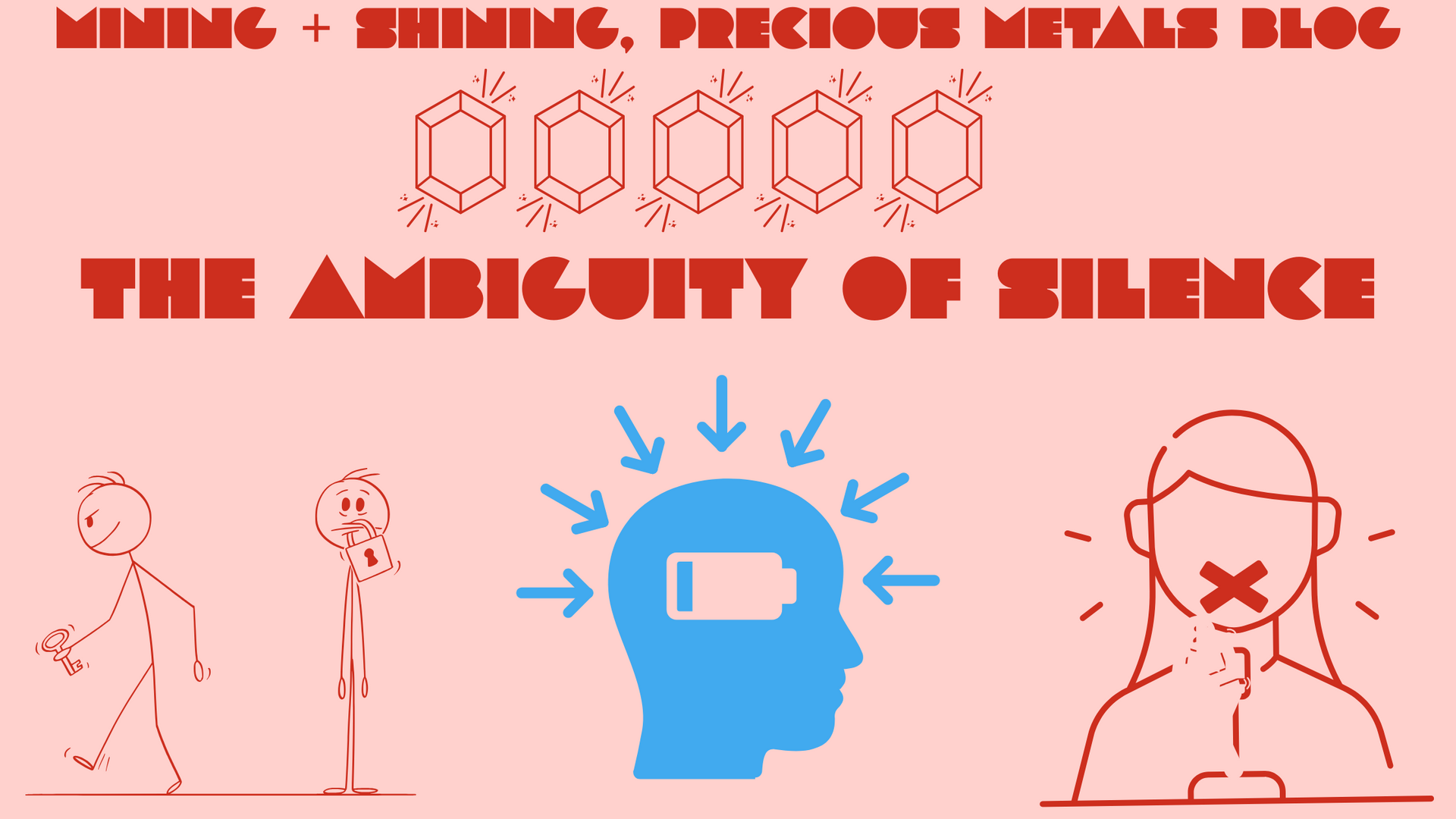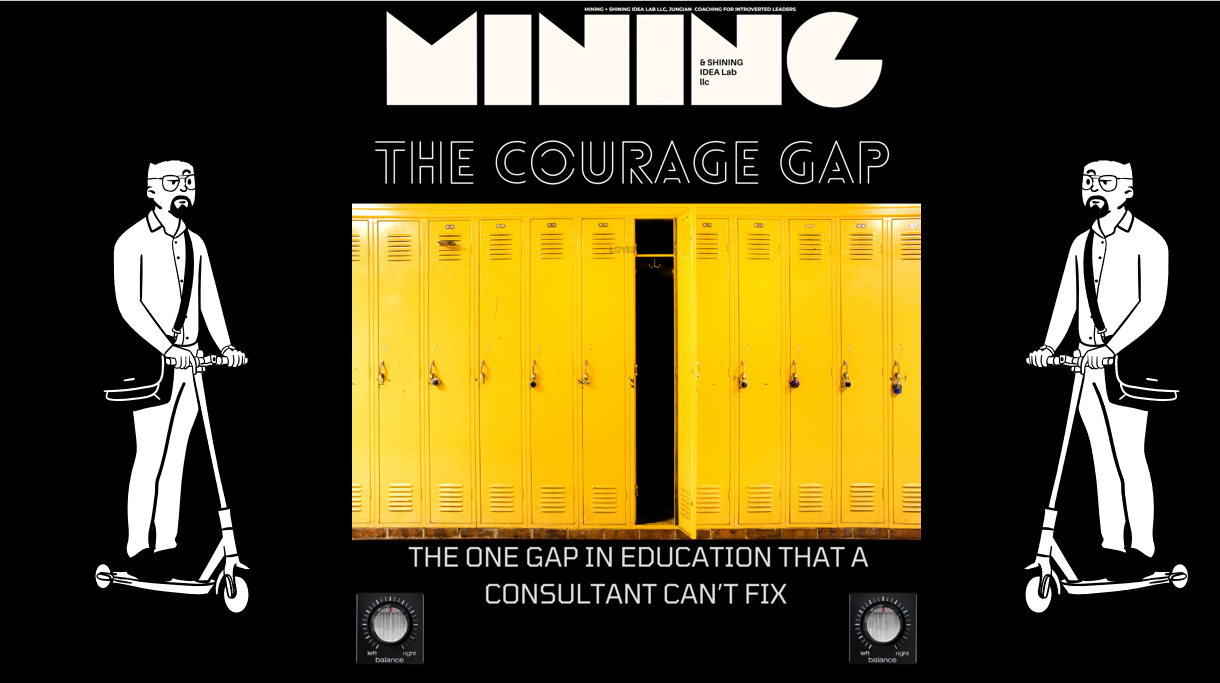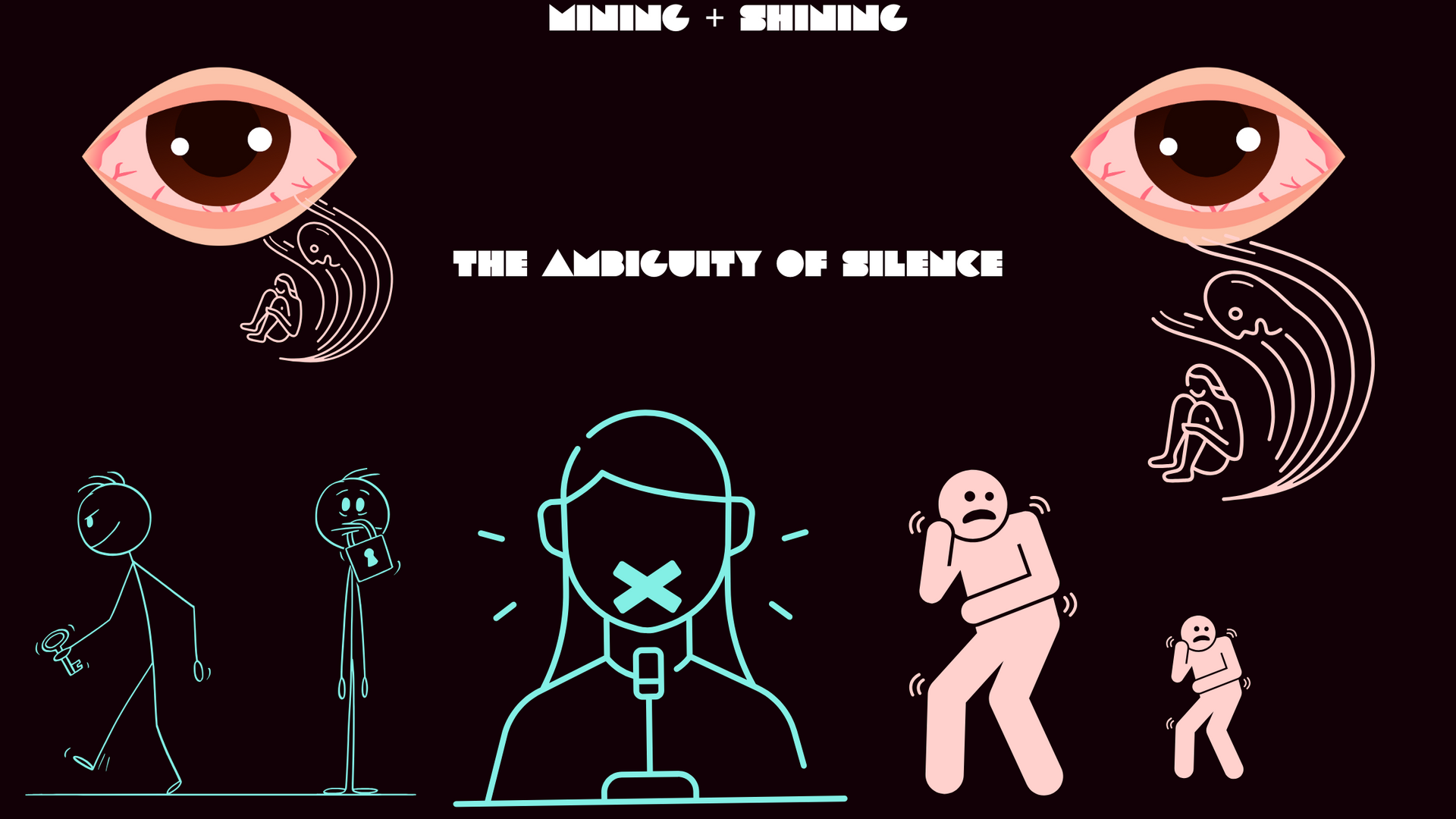Ambiguity of Silence
Reduce ambiguity by speaking up.

There are different shades of silence. Some silences have an edge to them, while others are so unnoticeable that you don’t know that they’re there at all. Regardless of what category of silence we are discussing, there’s one attribute that most forms of silence share– and that’s ambiguity, which can be detrimental. I learned this early in life and I relearn it often– even now, less than one month away from my 50th birthday.
As an introverted leader, silence has become my most loyal partner– along with countless books, classes, small teams, walks, journals, and data. While silence helps me process thoughts, listen, create and re-energize, it also creates ambiguity if I don’t share those thoughts, takeaways and creations with people. As a consequence of this partnership with silence, ambiguity allows people to employ guesswork to create your narrative for you, or to make assumptions about you or your work, or to overlook you, and all of that, in my opinion, is dangerous.
Why?
Because the narratives and assumptions may not be true at all. Then you have to make the decision to respond and react to dispel it OR to let it go. It’s not a good use of time because it’s reactive. If you’re an introverted leader, you may be in a perpetual battle between sharing and not sharing; who to share with and who not to share with; when to share; and how not to be awkward.
I get it.
But in my experience, it’s just better to share, to get your thinking out in the world, so that people know where you stand and who you are.
It’s not that easy to do.
It takes courage, audacity ,getting out of your comfort zone, practice and an understanding of incentives.
Now that I’m on a school leadership hiatus and launching a Jungian Coaching Practice, I find myself driven by different questions and incentives than before.
One of those questions is simply about potential: How many solutions and ideas never get executed because an introverted leader never shared it?
It’s a simple question that puts 100% of the responsibility on those of us who fit the “introvert” descriptors. There’s a reason for this. Most organizations favor extroverted leaders and workplaces. Frankly, I don’t think that’s going to change, nor should we expect it to. Therefore, the responsibility to change and share is on the individual introvert.
Again, it’s not easy, but the consequence of not doing it could be detrimental to all.
While it’s easy to become our own obstacle by bemoaning the extroverted world and hanging onto the label as being an introvert, a more fulfilling life may be to take responsibility and exercise courage to make change happen.
And that’s why MINING and SHINING IDEA LAB exists to help other introverted leaders contribute to the world while tapping into unrealized potential. Sign up for a 20 minute Excavation Call today using this
link/
Precious Metal Notes



